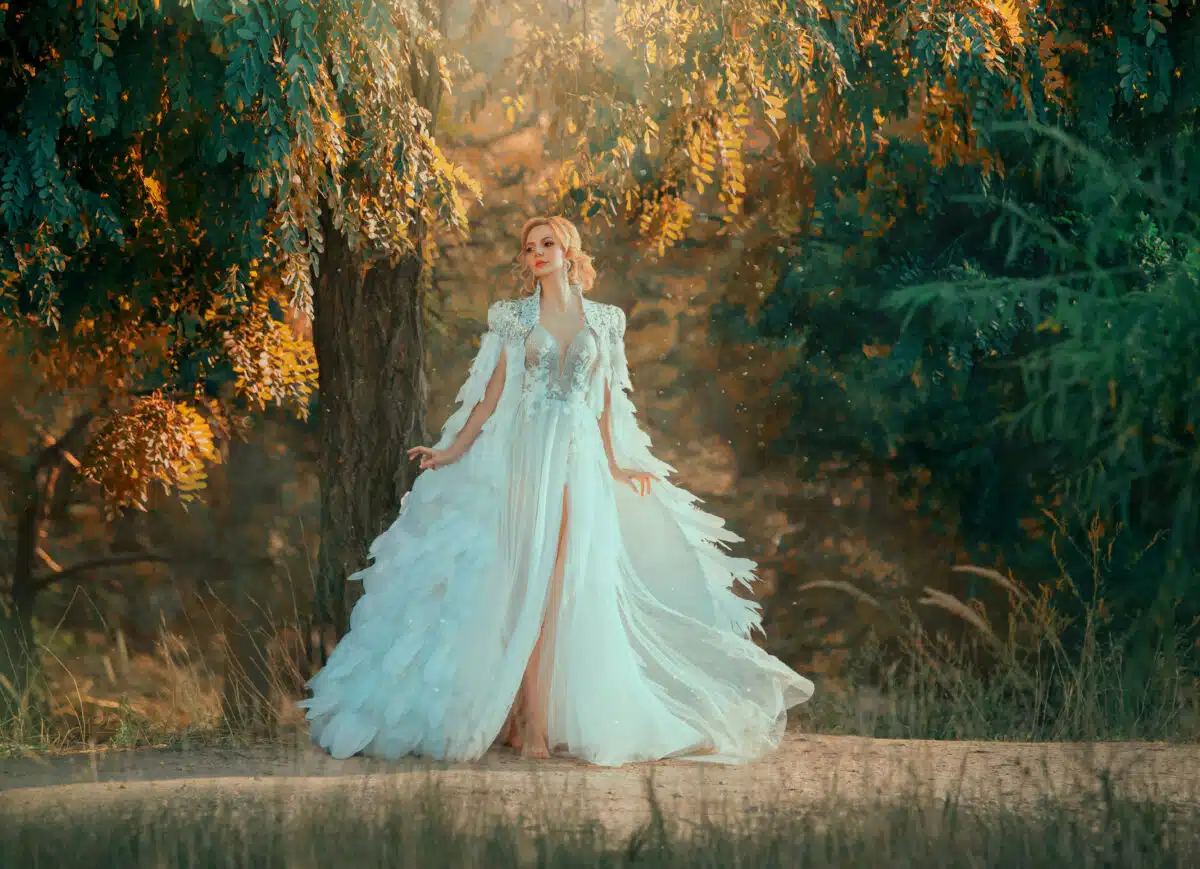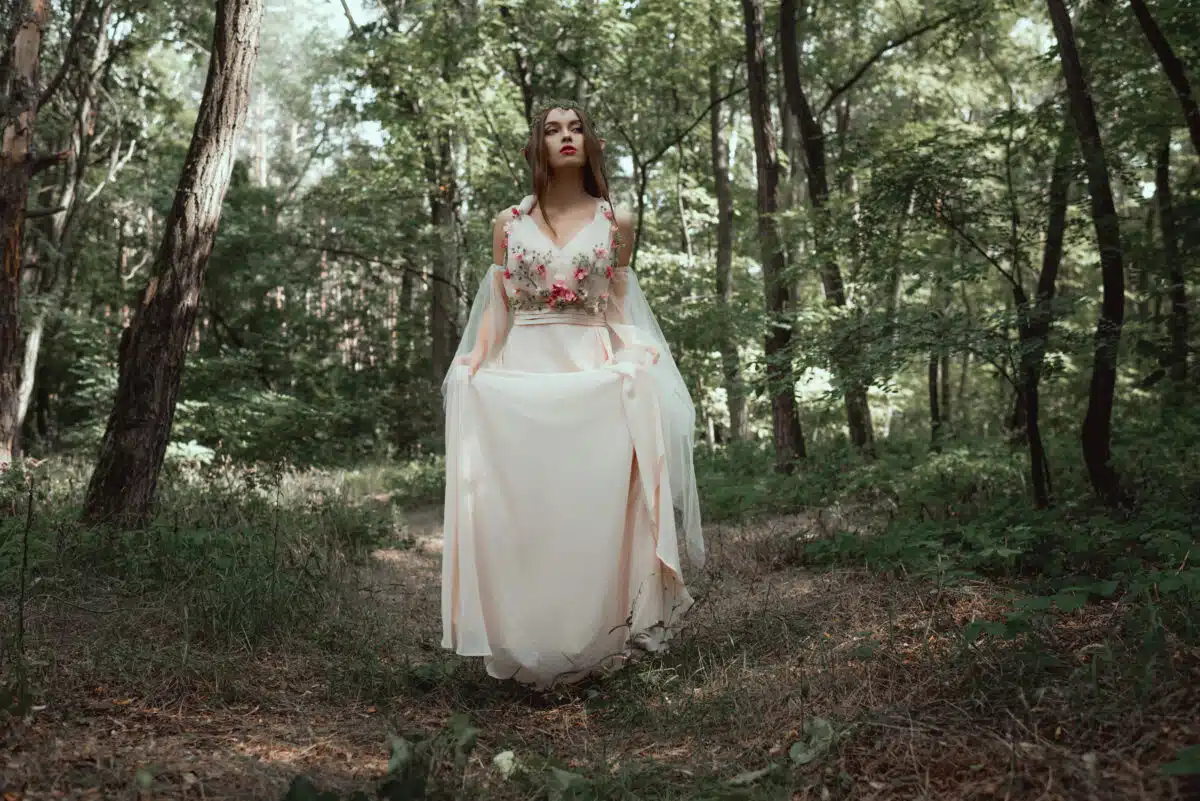Here are my favorite poems about swallows categorized:
- Short poems about swallows
- Poems about swallows by famous poets
So if you want the best poems about swallows, then you’re in the right place.
Keep reading and enjoy!
- 35 Gleeful Poems About Rabbits
- 39 Untamed Poems About Lions
- 37 Unflinching Poems About Wolves
- 21 Heart-Fluttering Poems About Butterflies
- 53 Free-Spirited Poems About Horses

Elating Poems About Swallows
Immerse yourself in a collection of the most charming poems about swallows, thoughtfully organized just for your reading enjoyment.
Whether you’re on a quest for short poems, or works from famous poets that reflect on the symbolism of these birds throughout seasons, our assortment presents a spectrum of captivating examples.
With our meticulously curated array, you have the best poems about swallows all in one handy location.
So, pause for a while to explore and appreciate the beauty and mystery of these creatures that have inspired poets for centuries!
Let’s take flight into this poetic journey!
My #1 Favorite Poem About Swallows

“Swallow Flight” by Sara Teasdale
I love my hour of wind and light,
I love men’s faces and their eyes,
I love my spirit’s veering flight
Like swallows under evening skies.
Short Poems About Swallows

“A Bird Song” by Christina Rossetti
It’s a year almost that I have not seen her:
Oh, last summer green things were greener,
Brambles fewer, the blue sky bluer.
It’s surely summer, for there’s a swallow:
Come one swallow, his mate will follow,
The bird race quicken and wheel and thicken.
Oh happy swallow whose mate will follow
O’er height, o’er hollow! I’d be a swallow,
To build this weather one nest together.
“The Swallow” by John Clare
Swift goes the sooty swallow o’er the heath,
Swifter than skims the cloud-rack of the skies;
As swiftly flies its shadow underneath,
And on his wing the twittering sunbeam lies,
As bright as water glitters in the eyes
Of those it passes; ’tis a pretty thing,
The ornament of meadows and clear skies:
With dingy breast and narrow pointed wing,
Its daily twittering is a song to Spring.
“The Swallows.” by Charles Sangster
I asked the first stray swallow of the spring,
“Where hast thou been through all the winter drear?
Beneath what distant skies did’st fold thy wing,
Since thou wast with us here,
When Autumn’s withered leaves foretold the passing year?”
And it replied, “Whither has Fancy led
The plumy thoughts that circle through thy brain?
Like birds about some mountain’s lofty head,
Singing a sweet refrain:
There, without bound, I’ve been, and must return again.”

“The Departure of the Swallow” by William Howitt
And is the swallow gone?
Who beheld it?
Which way sail’d it?
Farewell bade it none?
No mortal saw it go:
But who doth hear
Its summer cheer
As it flitteth to and fro?
So the freed spirit flies!
From its surrounding clay
It steals away
Like the swallow from the skies.
Whither? wherefore doth it go?
’T is all unknown:
We feel alone
That a void is left below.
“Swallows” by Leonora Speyer
They dip their wings in the sunset,
They dash against the air
As if to break themselves upon its stillness:
In every movement, too swift to count,
Is a revelry of indecision,
A furtive delight in trees they do not desire
And in grasses that shall not know their weight.
They hover and lean toward the meadow
With little edged cries;
And then,
As if frightened at the earth’s nearness,
They seek the high austerity of evening sky
And swirl into its depth.
“A Swallow” by Lyon Sharman
A swallow flicks my shoulder
And turns off in the twilight—
A twitter on the terrace,
A spot against the skylight.

“The Swallow” by Abraham Cowley
Foolish prater, what dost thou
So early at my window do?
Cruel bird, thou’st ta’en away
A dream out of my arms to-day;
A dream that ne’er must equall’d be
By all that waking eyes may see.
Thou this damage to repair
Nothing half so sweet and fair,
Nothing half so good, canst bring,
Tho’ men say thou bring’st the Spring.
“Swallows” by Marjorie L. C. Pickthall
O little hearts, beat home, beat home,
Here is no place to rest.
Night darkens on the falling foam
And on the fading west.
O little wings, beat home, beat home.
Love may no longer roam.
O, Love has touched the fields of wheat
And Love has crowned the corn,
And we must follow Love’s white feet
Through all the ways of morn.
Through all the silver roads of air
We pass and have no care.
The silver roads of Love are wide,
O winds that turn, O stars that guide,
Sweet are the ways that Love hath trod
Through the clear skies that reach to God.
But in the cliff-grass Love builds deep
A place where wandering wings may sleep.
“The Swallow” by Edmund Clarence Stedman
Had I, my love declared, the tireless wing
That wafts the swallow to her northern skies,
I would not, sheer within the rich surprise
Of full-blown Summer, like the swallow, fling
My coyer being; but would follow Spring,
Melodious consort, as she daily flies,
Apace with suns that o’er new woodlands rise
Each morn—with rains her gentler stages bring.
My pinions should beat music with her own;
Her smiles and odors should delight me ever,
Gliding, with measured progress, from the zone
Where golden seas receive the mighty river,
Unto yon lichened cliffs, whose ridges sever
Our Norseland from the Arctic surge’s moan.

“Swallows” by Winifred Waldron
White bellied swallows
Skim cañon hollows—
Veering
And sheering,
Wild criss-crossing arrows!
Your to-days curve in sweet dips;
On the tilt of your wing-tips
Sun after sun follows!
What of the blue to-morrows?
“The Luzumiyat of Abu’l-Ala, LXXXIX” by Al-Ma‘arri (Ameen Rihani, Translator)
If my house-swallow, laboring with zest,
Felt like myself the burden of unrest,
Unlightened by inscrutable designs,
She would not build her young that cozy nest.
Swallow Poems by Famous Poets

“Gone with the Swallows” by Ameen Rihani
Must I convey at last the news to thee?
Must I now mourn the love that lived in me?
Gone with the autumn, with the dying year.
Gone with the kisses that are yet so near!
Gone with the swallows somewhere o’er the sea!
But with the Spring will he again
Return, will he with me remain?
Must I till then, remembering naught,
Forgetting all that love had brought,
Grope in the shadows of the slain?
Must I forget the day
That took my love away,
And all the happy hours
That reared for him their towers
And crowned him with the flowers
Of all the queens of May?
Must I alone
My once my own,
In my retreat
The new year greet,
And winter meet,
And winds hear moan?
Not yet
Can I
Forget;
But why
One clings
And sings
To things
That die?
“The Swallow” by John Clare
Pretty swallow, once again
Come and pass me in the rain.
Pretty swallow, why so shy?
Pass again my window by.
The horsepond where he dips his wings,
The wet day prints it full of rings.
The raindrops on his [ ] track
Lodge like pearls upon his back.
Then again he dips his wing
In the wrinkles of the spring,
Then oer the rushes flies again,
And pearls roll off his back like rain.
Pretty little swallow, fly
Village doors and windows by,
Whisking oer the garden pales
Where the blackbird finds the snails;
Whewing by the ladslove tree
For something only seen by thee;
Pearls that on the red rose hing
Fall off shaken by thy wing.
On that low thatched cottage stop,
In the sooty chimney pop,
Where thy wife and family
Every evening wait for thee.
“The Swallow and the Little Birds.” by Jean de La Fontaine
By voyages in air,
With constant thought and care,
Much knowledge had a swallow gain’d,
Which she for public use retain’d,
The slightest storms she well foreknew,
And told the sailors ere they blew.
A farmer sowing hemp, once having found,
She gather’d all the little birds around,
And said, ‘My friends, the freedom let me take
To prophesy a little, for your sake,
Against this dangerous seed.
Though such a bird as I
Knows how to hide or fly,
You birds a caution need.
See you that waving hand?
It scatters on the land
What well may cause alarm.
‘Twill grow to nets and snares,
To catch you unawares,
And work you fatal harm!
Great multitudes I fear,
Of you, my birdies dear,
That falling seed, so little,
Will bring to cage or kettle!
But though so perilous the plot,
You now may easily defeat it:
All lighting on the seeded spot,
Just scratch up every seed and eat it.’
The little birds took little heed,
So fed were they with other seed.
Anon the field was seen
Bedeck’d in tender green.
The swallow’s warning voice was heard again:
‘My friends, the product of that deadly grain,
Seize now, and pull it root by root,
Or surely you’ll repent its fruit.’
‘False, babbling prophetess,’ says one,
‘You’d set us at some pretty fun!
To pull this field a thousand birds are needed,
While thousands more with hemp are seeded.’
The crop now quite mature,
The swallow adds, ‘Thus far I’ve fail’d of cure;
I’ve prophesied in vain
Against this fatal grain:
It’s grown. And now, my bonny birds,
Though you have disbelieved my words
Thus far, take heed at last, –
When you shall see the seed-time past,
And men, no crops to labour for,
On birds shall wage their cruel war,
With deadly net and noose;
Of flying then beware,
Unless you take the air,
Like woodcock, crane, or goose.
But stop; you’re not in plight
For such adventurous flight,
O’er desert waves and sands,
In search of other lands.
Hence, then, to save your precious souls,
Remaineth but to say,
‘Twill be the safest way,
To chuck yourselves in holes.’
Before she had thus far gone,
The birdlings, tired of hearing,
And laughing more than fearing,
Set up a greater jargon
Than did, before the Trojan slaughter,
The Trojans round old Priam’s daughter.
And many a bird, in prison grate,
Lamented soon a Trojan fate.

“O Swallow, Swallow” by Alfred Lord Tennyson
O Swallow, Swallow, flying, flying South,
Fly to her, and fall upon her gilded eaves,
And tell her, tell her, what I tell to thee.
O tell her, Swallow, thou that knowest each,
That bright and fierce and fickle is the South,
And dark and true and tender is the North.
O Swallow, Swallow, if I could follow, and light
Upon her lattice, I would pipe and trill,
And cheep and twitter twenty million loves.
O were I thou that she might take me in,
And lay me on her bosom, and her heart
Would rock the snowy cradle till I died.
Why lingereth she to clothe her heart with love,
Delaying as the tender ash delays
To clothe herself, when all the woods are green?
O tell her, Swallow, that thy brood is flown:
Say to her, I do but wanton in the South,
But in the North long since my nest is made.
O tell her, brief is life but love is long,
And brief the sun of summer in the North,
And brief the moon of beauty in the South.
O Swallow, flying from the golden woods,
Fly to her, and pipe and woo her, and make her mine,
And tell her, tell her, that I follow thee.
From “The Villager’s Verse-Book” by William Lisle Bowles
The swallows, at the close of day,
When autumn shone with fainter ray,
Around the chimney circling flew,
Ere yet they bade a long adieu,
To climes where soon the winter drear
Shall close the unrejoicing year.
Now with swift wing they skim aloof,
Now settle on the crowded roof,
As counsel and advice to take,
Ere they the chilly north forsake.
Then one, disdainful, turned his eye,
Upon a red-breast twittering nigh,
And thus began, with taunting scorn:
Thou household imp, obscure, forlorn,
Through the deep winter’s dreary day,
Here, dull and shivering, shalt thou stay;
Whilst we, who make the world our home,
To softer climes impatient roam,
Where summer, still on some green isle
Rests, with her sweet and lovely smile?
Thus speeding, far and far away,
We leave behind the shortening day.
‘Tis true (the red-breast answered, meek)
No other scenes I ask, or seek;
To every change alike resigned,
I fear not the cold winter’s wind.
When spring returns, the circling year
Shall find me still contented here;
But whilst my warm affections rest
Within the circle of my nest,
I learn to pity those that roam,
And love the more my humble home.
“The Swallows.” by Robert Fuller Murray
From Jean Pierre Claris Florian
I love to see the swallows come
At my window twittering,
Bringing from their southern home
News of the approaching spring.
‘Last year’s nest,’ they softly say,
‘Last year’s love again shall see;
Only faithful lovers may
Tell you of the coming glee.’
When the first fell touch of frost
Strips the wood of faded leaves,
Calling all their winged host,
The swallows meet above the eaves
‘Come away, away,’ they cry,
‘Winter’s snow is hastening;
True hearts winter comes not nigh,
They are ever in the spring.’
If by some unhappy fate,
Victim of a cruel mind,
One is parted from her mate
And within a cage confined,
Swiftly will the swallow die,
Pining for her lover’s bower,
And her lover watching nigh
Dies beside her in an hour.

“To a Swallow Building Under Our Eaves” by Jane Welsh Carlyle
Thou too hast travell’d, little fluttering thing—
Hast seen the world, and now thy weary wing
Thou too must rest.
But much, my little bird, couldst thou but tell,
I ’d give to know why here thou lik’st so well
To build thy nest.
For thou hast pass’d fair places in thy flight;
A world lay all beneath thee where to light;
And, strange thy taste,
Of all the varied scenes that met thine eye,
Of all the spots for building ’neath the sky,
To choose this waste.
Did fortune try thee? was thy little purse
Perchance run low, and thou, afraid of worse,
Felt here secure?
Ah, no! thou need’st not gold, thou happy one!
Thou know’st it not. Of all God’s creatures, man
Alone is poor.
What was it, then? some mystic turn of thought
Caught under German eaves, and hither brought,
Marring thine eye
For the world’s loveliness, till thou art grown
A sober thing that dost but mope and moan,
Not knowing why?
Nay, if thy mind be sound, I need not ask,
Since here I see thee working at thy task
With wing and beak.
A well-laid scheme doth that small head contain,
At which thou work’st, brave bird, with might and main,
Nor more need’st seek.
In truth, I rather take it thou hast got
By instinct wise much sense about thy lot,
And hast small care
Whether an Eden or a desert be
Thy home, so thou remainst alive, and free
To skim the air.
God speed thee, pretty bird; may thy small nest
With little ones all in good time be blest.
I love thee much;
For well thou managest that life of thine,
While I! Oh, ask not what I do with mine!
Would I were such!
“The Swallow” by Luis G. Dato
Little lone swallow frequenting the skies in the bleakness of oncoming rain,
Gloating on the view by the river reflected when days of sun reappear,
You who can sing in the fulness of sorrow, and in seasons of gladness usefully sing,
You who in mirth and melancholy alike find joy, joy in you we find.
We who aspire to vistas beyond us and only can lift our eyes,
We who live in transient gladness and hovering gloom,
We of the earth who cannot fly with you
What life is yours who pursue not pleasure and yet have it,
You who know sorrow and by it be left unoppressed
You who in shadow arise, and in sunshine pensively dream on the river,
Of gladness not taking nor little nor much,
Of sorrow the master more often than not,
Knowing the one and the other as passing, imperfect,
Passing as the clouds in the bleakness of oncoming rain,
Imperfect as the vista by the river reflected when days of sun reappear.
“The Swallow” by Thomas Aird
The swallow, bonny birdie, comes sharp twittering o’er the sea,
And gladly is her carol heard for the sunny days to be;
She shares not with us wintry glooms, but yet, no faithless thing,
She hunts the summer o’er the earth with wearied little wing.
The lambs like snow all nibbling go upon the ferny hills;
Light winds are in the leafy woods, and birds, and bubbling rills;
Then welcome, little swallow, by our morning lattice heard,
Because thou com’st when Nature bids bright days be thy reward!
Thine be sweet mornings with the bee that ’s out for honey-dew;
And glowing be the noontide for the grass-hopper and you;
And mellow shine, o’er day’s decline, the sun to light thee home:
What can molest thy airy nest? sleep till the day-spring come!
The river blue that rushes through the valley hears thee sing,
And murmurs much beneath the touch of thy light-dipping wing.
The thunder-cloud, over us bowed, in deeper gloom is seen,
When quick reliev’d it glances to thy bosom’s silvery sheen.
The silent Power, that brought thee back with leading-strings of love
To haunts where first the summer sun fell on thee from above,
Shall bind thee more to come aye to the music of our leaves,
For here thy young, where thou hast sprung, shall glad thee in our eaves.
